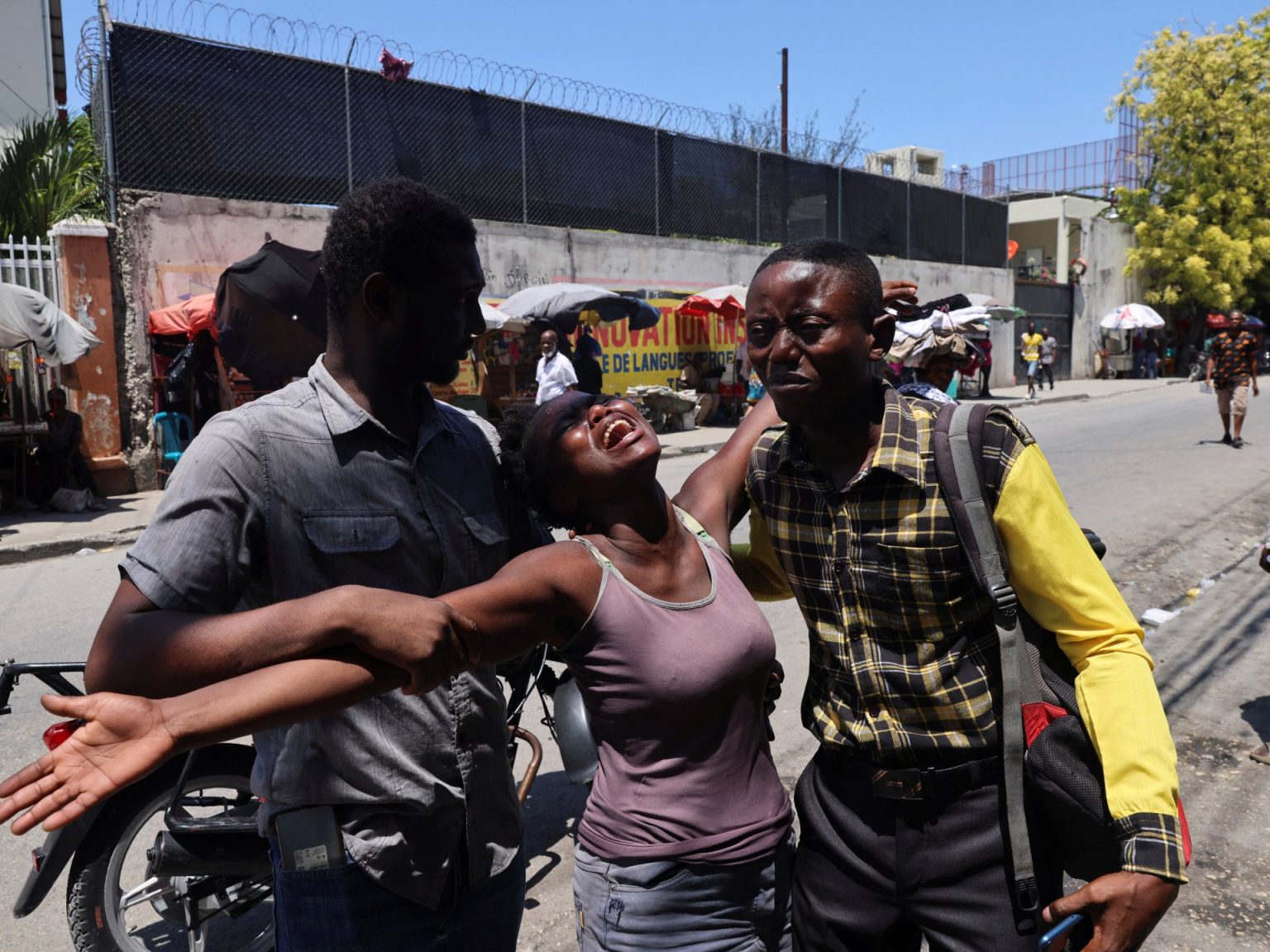The United Nations Office of the High Commissioner for Human Rights (OHCHR) has reported that at least 3,661 people have been killed in Haiti in the first half of this year due to gang violence. This violence, which has included the deaths of 100 children, has been described as “senseless criminality” by UN rights chief Volker Turk. The country has been plagued by unrest for years as armed groups, often linked to political and business leaders, fight for control. The situation escalated in February when gangs attacked prisons and state institutions in the capital, Port-au-Prince, leading to a worsening humanitarian crisis.
The violence in Haiti is fueled by arms trafficking, with weapons largely coming from the United States, as well as the Dominican Republic and Jamaica. The poorly monitored airspaces, coastlines, and porous borders of the country have allowed gangs to obtain high-caliber weapons, drones, boats, and ammunition. The OHCHR has called upon the international community to implement a global arms embargo, travel ban, and asset freeze program imposed by the UN Security Council to combat this issue. In response to the surge in violence, Haiti’s unelected prime minister resigned, a transitional presidential council was created, and a UN-backed multinational force called the Multinational Security Support Mission (MSS) was deployed.
The MSS, led by Kenya and joined by troops from 10 countries, has faced challenges with only a fraction of pledged troops having been deployed so far. The mission’s one-year mandate is set to expire soon, with a vote by the UN Security Council scheduled to determine whether it will be renewed. Haiti has requested that the mission be transformed into a formal peacekeeping mission to secure stable funds and capacity to effectively counter the criminal gangs. The interim prime minister of Haiti, Garry Conille, has appealed for international support during the UN General Assembly, acknowledging that without assistance the country is far from being able to combat the violence and its devastating impact on the population.
The violence in Haiti has led to a significant increase in the number of internally displaced people, with over 700,000 individuals having been forced to flee their homes in the last six months. Additionally, an estimated 1.6 million people are facing emergency food insecurity as a result of the ongoing crisis. The UN has emphasized the urgent need for adequate resources and personnel to effectively combat the criminal gangs and alleviate the suffering of the population. It is clear that international support and cooperation are crucial in addressing the root causes of violence in Haiti and working towards a sustainable solution to the humanitarian crisis.


